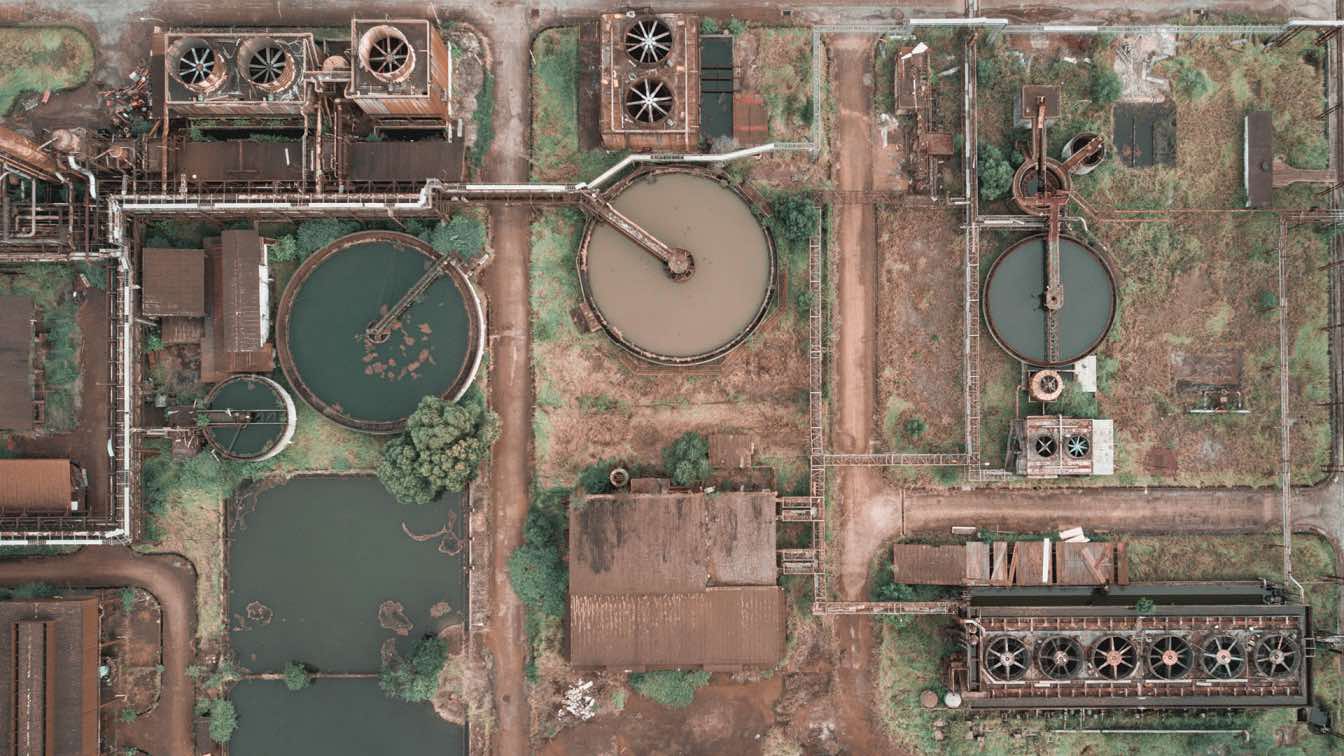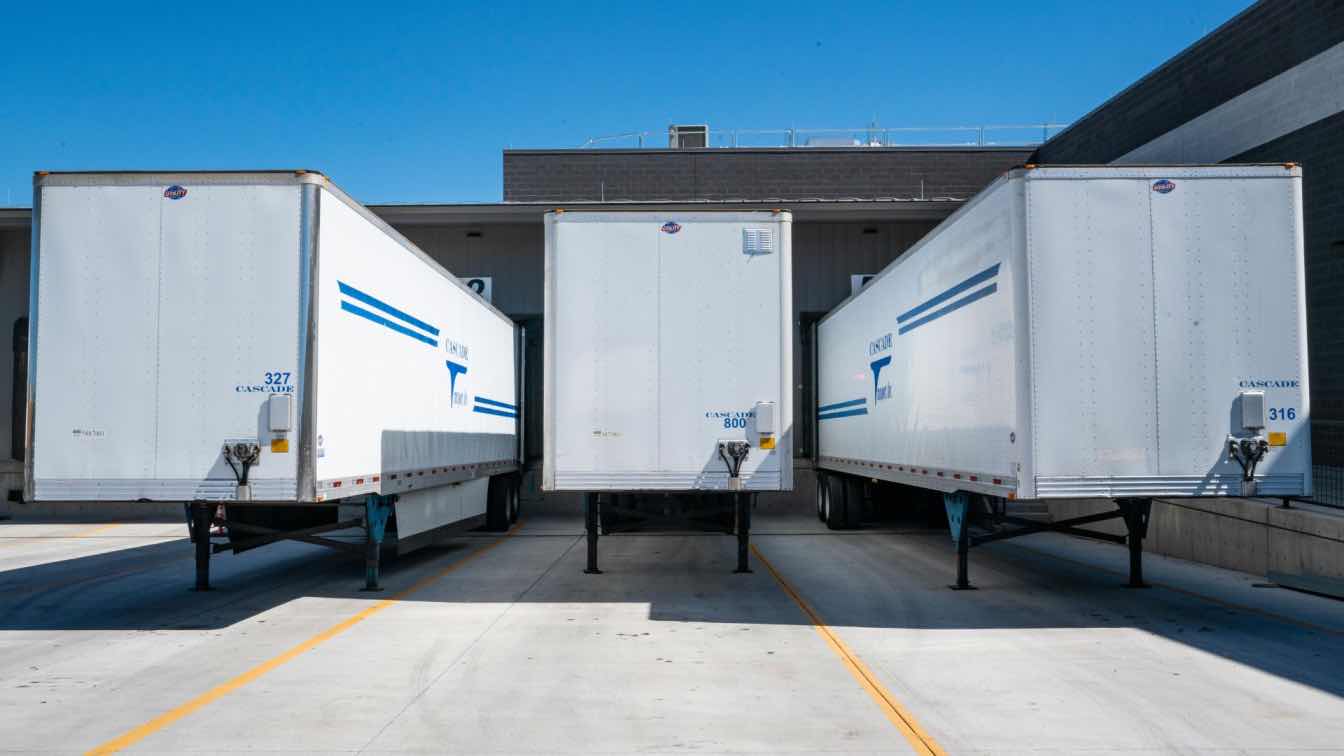We often don't realize that every time we flush the toilet, drain the kitchen sink, or even wash our driveways, the resulting wastewater is quite difficult to process. Whether it is a commercial operation or just a small residential house, there are a lot of variables when it comes to dealing with wastewater. There are countless pollutants in wastewater and all of these chemicals and substances need to be treated in a very particular way. If this water is left untreated, it can have catastrophic results for the entire environment.
City water supplies and other portions of the national water supply grid have specialized filtration components that help improve the quality of water coming from sewers and other drains before it is pumped out to the ocean, river, or artificial dumpsite. Some filtration systems in some countries of the world can filter the grey and dirty water so well that it can be used again for human consumption. Similarly, the water treatment systems on spaceships are designed to take wastewater and turn it into drinkable water. Just like on spaceships, here on Earth, we have a limited amount of usable water and we are running out of it rather quickly.
As our cities get bigger, the burden we place on the water management system is growing larger with every passing day. In order to make sure we waste as little as possible and make the most of what we have left, here are a few tips to help manage wastewater.
1. Remove As Much As You Can
Throwing something down the drain or flushing it out is an easy way to dispose of waste but it is extremely taxing on the water system. Especially if you are flushing out things like bleaches and other hard chemicals, not only are these corrosive and difficult to filter from the water but they also damage the water lines that they are pumped through. Even regular things such as cooking oil can be extremely harmful and it's best to try and dispose of these items in the trash rather than down the drain.
2. Service Your Machinery
If you have a basement, you most likely have a grey water pump installed for the bathroom. Commercial setups and manufacturing plants have specialized machinery that pumps out dirty water and other waste liquids. These machines also require regular maintenance; the professionals that work with ffluidservices.com.au suggest that you should give these pumps and machines a complete overhaul. It should be scheduled every two to three years depending on how heavily you use them. If the machinery uses any kinds of filters, be sure to replace these and also have the lines checked.
3. Decrease The Load
Some things are unavoidable, for instance, you have to wash your clothes with certain cleaning liquids in and around the house and sometimes you end up draining things down the kitchen sink. Regardless of the kind of water filter and what it is used for, even industrial-grade filters that are used by water management companies have a certain life. If end users can reduce the amount of water they put through these systems, it can help them work a lot more for a lot longer. Simple things like doing laundry in bigger batches and turning off the tap while you brush your teeth can go a long way in reducing the overall load on the water treatment system.
4. Proper Treatment
If you have ever had a grey water pump go bad or had a clogged drain in the house, you can understand what a messy situation it can become. Imagine that happening at a commercial scale where the entire city's water is blocked. Having a proper infrastructure in place that is certified by a professional can help you stay safe from these problems and also reduce the load on the water treatment system further down the line. Whether you are having a new water treatment system installed or you are already using a system, make sure it is checked by a professional to ensure that it is up to the standards.
Another innovative approach for commercial and municipal wastewater treatment involves using advanced moving bed biofilm reactors (MBBR), which maximize the effectiveness of biological filtration. If you’re interested in exploring different MBBR media options or learning how these systems can be integrated into new or existing infrastructures, resources like MBBR Media Direct provide valuable insight into media types, performance features, and real-world applications.
 image © Patrick Federi
image © Patrick Federi
Some countries have to spend a lot of money to get clean drinkable water. If you live in an area where water is easily accessible and it is already in great condition, consider yourself extremely lucky. If you want to keep it that way then you should really consider how you are managing wastewater; otherwise, it won't be long before you are going to have to spend lots of money just to get drinkable and usable water for your home.





